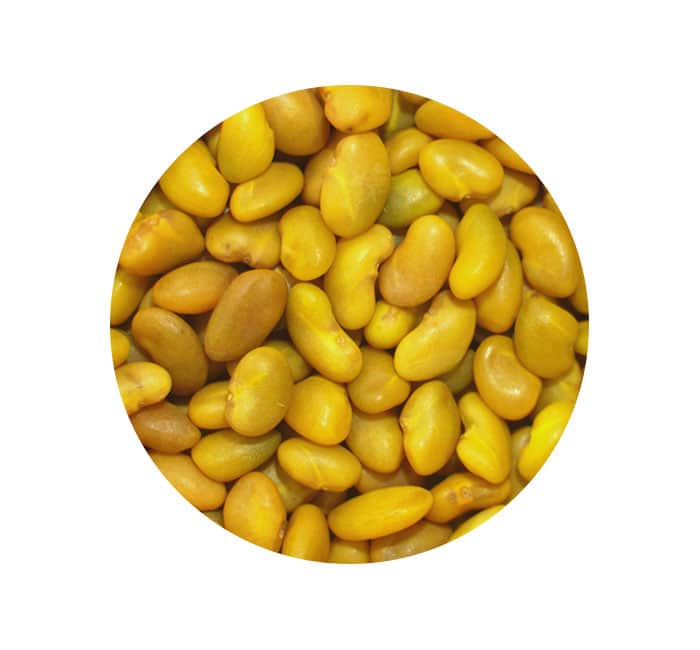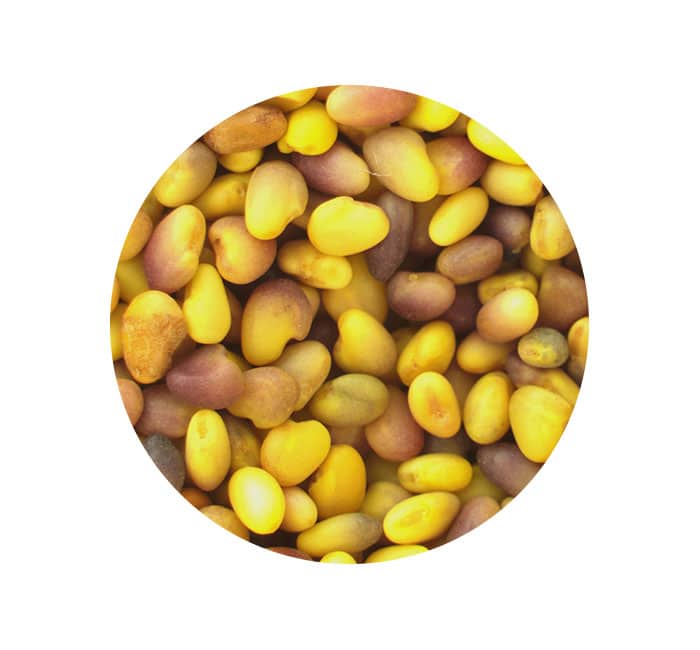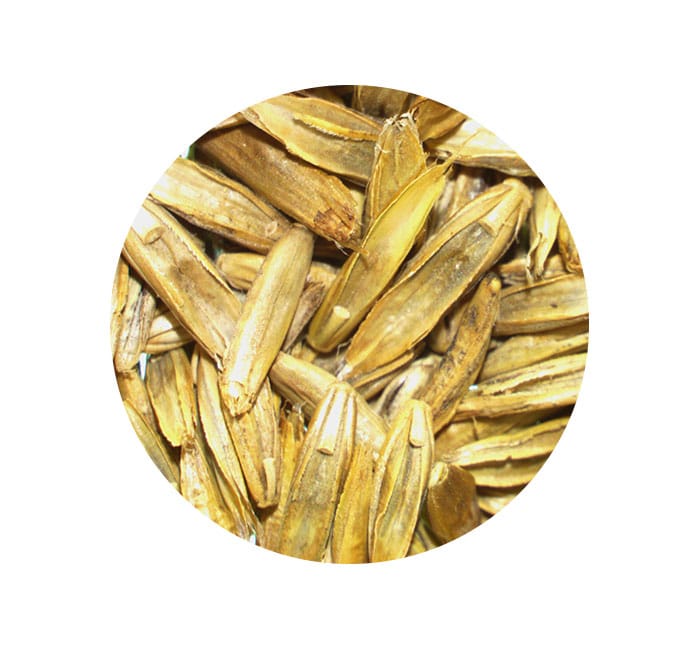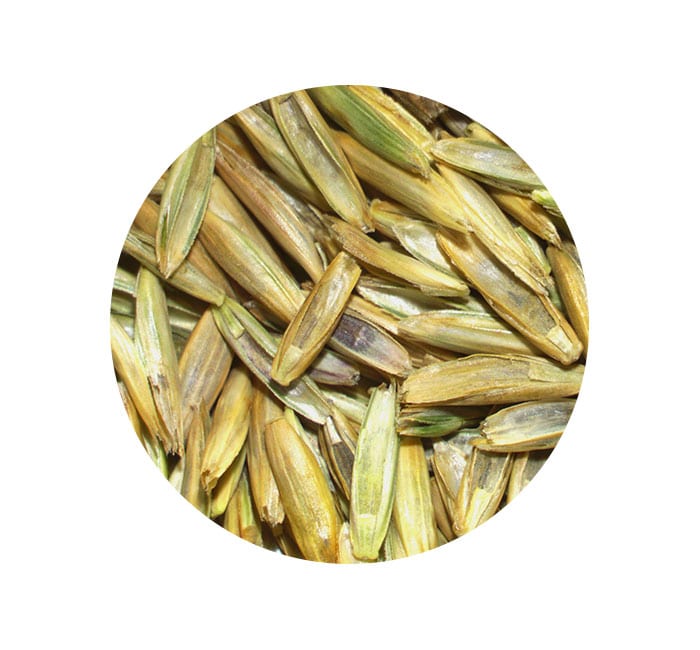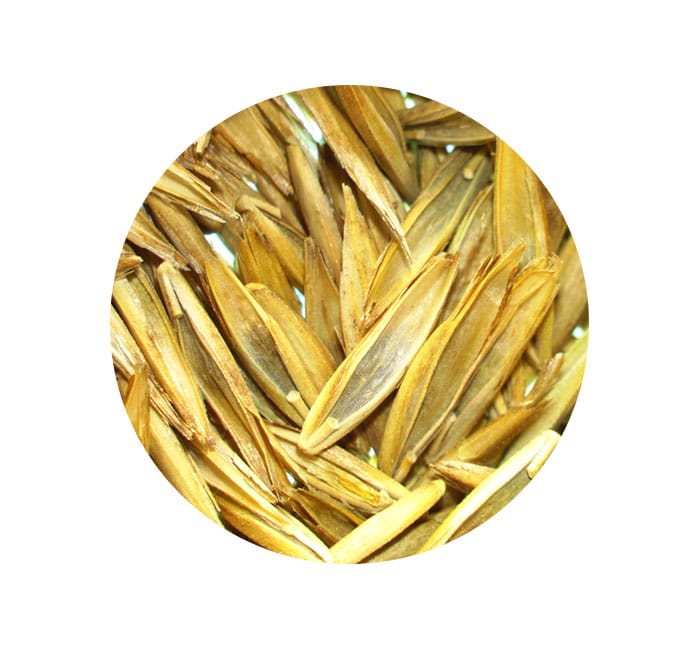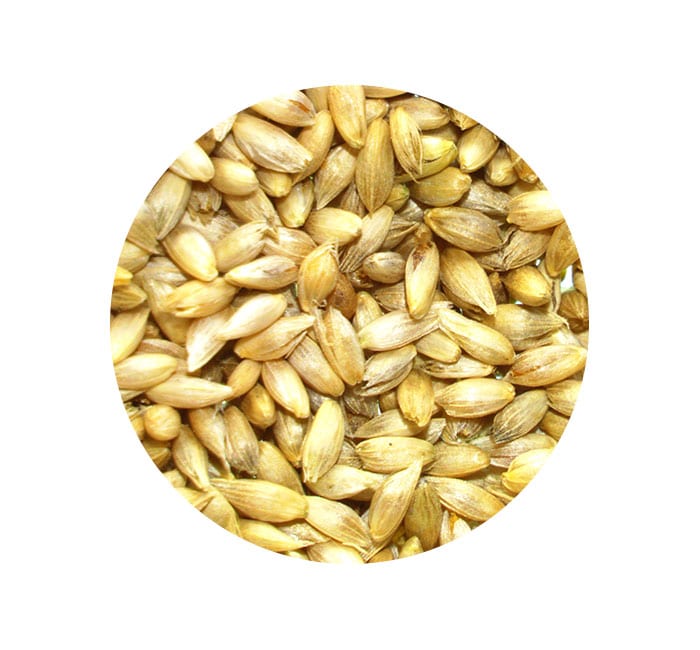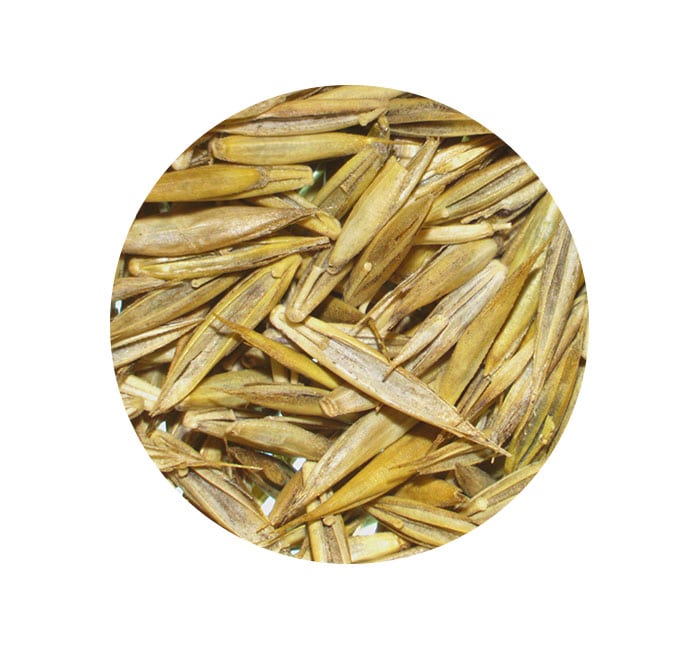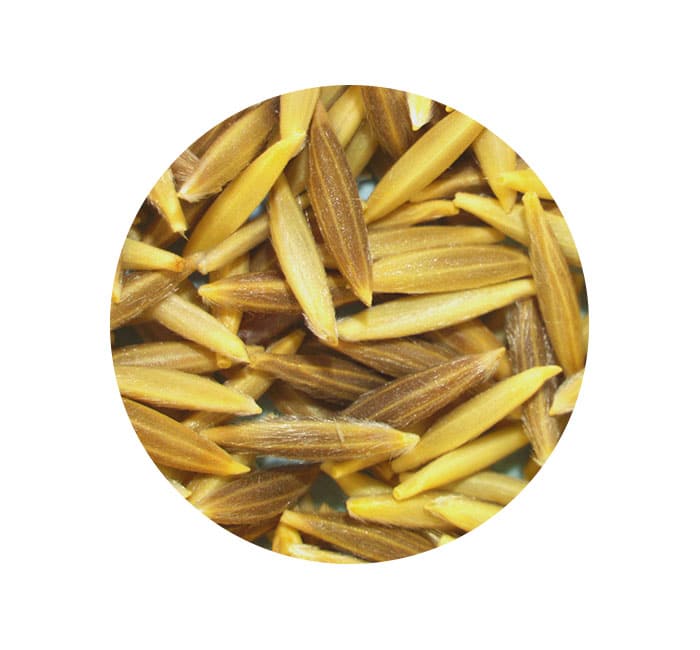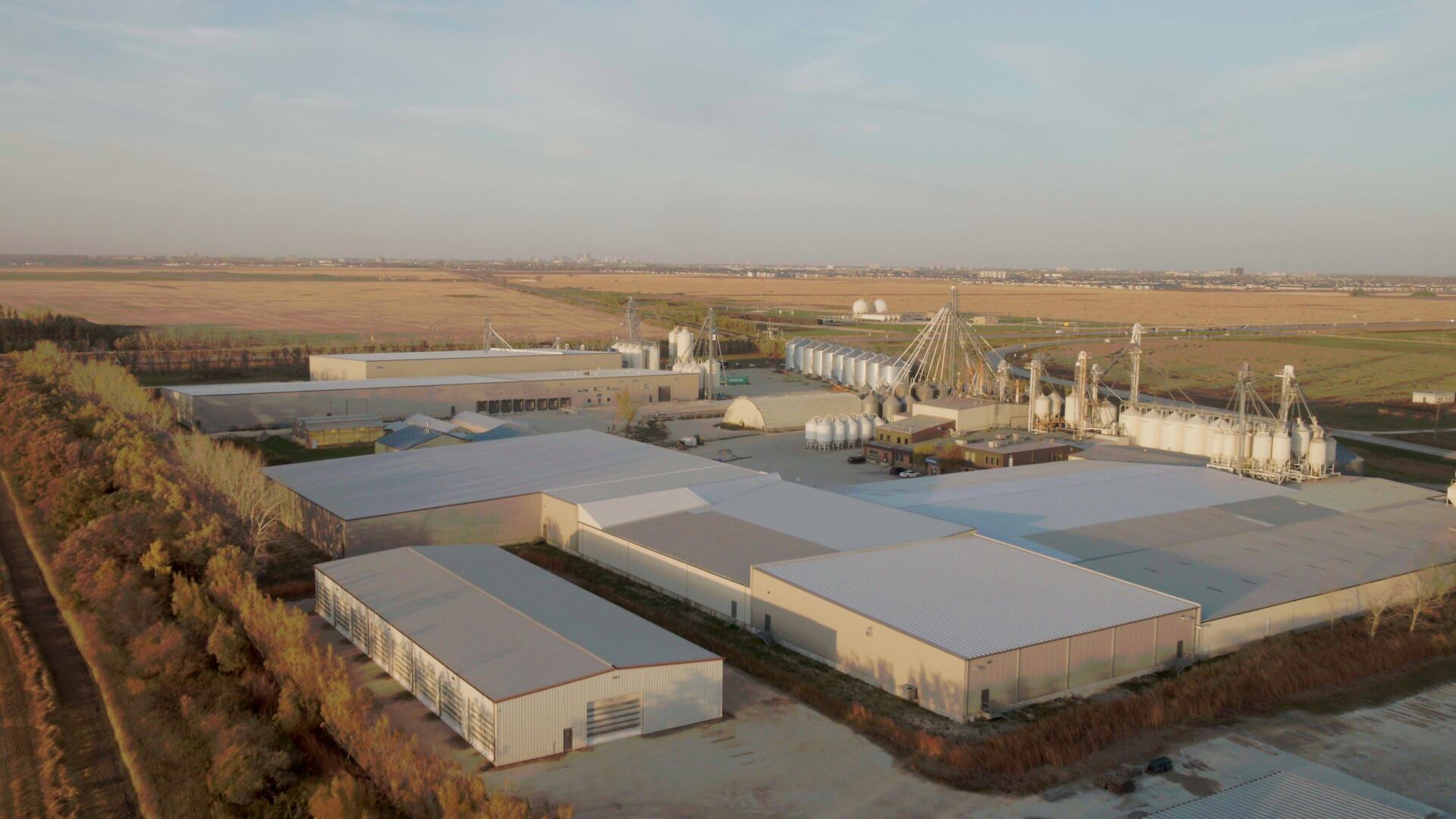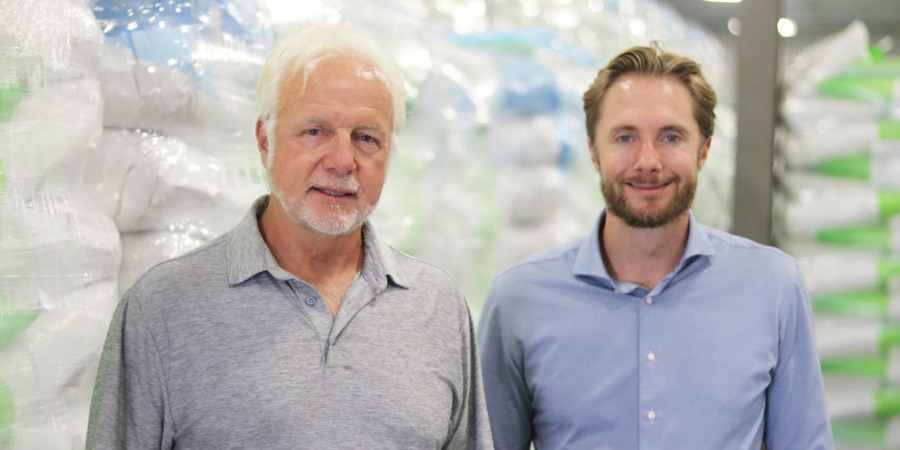[flexy_breadcrumb]
Let’s Grow Together
We are Canada’s largest contractor of forage and turf seed. With over 80 years of seed production experience and a dedicated team of Seed Production Specialists spanning Western Canada, we have the tools to make your seed production operation a success. We are committed to using our production expertise, market knowledge and global contacts to bring leading forage and turf seed production opportunities to your farm. Diversify your risk, spread out your harvest and grow the profitability of your farm with our industry-leading support.
We value our contract growers as partners and are steadfast in our commitment to help you realize top yields and quality. To our past and current seed growers, thank you for your hard-work and dedication to grow the highest quality seed.
Alfalfa is a long-lived, cool season, perennial legume. It is the most commonly grown forage legume used for livestock production in Western Canada. Alfalfa seed production occurs throughout the Prairies and is exported all over the world. It requires the use of leafcutter bees for adequate pollination.
Clover species are short-lived perennial legumes that are produced in all parts of the Prairies. They are used for forage applications in domestic and international livestock programs around the world. As a legume, clover is used in green manure to help build nitrogen levels in the soil. The main species of clover grown for seed in Western Canada are red, sweet and alsike.
Annual ryegrass is planted in the spring and harvested in the fall with similar management practices as wheat. It grows well in most areas of Western Canada and can tolerate excess moisture. Annual ryegrass should be one of the first crops planted, preferably into a firm seedbed at about ½ inch deep. Primary uses are annual hay or grazing applications, but is also used for quick ground cover in some turf mixtures.
Perennial ryegrass is a short-lived perennial grass with a shallow fibrous root system. It is a low growing bunch type grass with short leafless stems. Managed as a biennial crop, perennial ryegrass is seeded one year and harvested the next, resulting in one year of seed production. It is typically under-seeded with canola, wheat, oats, or barley.
Perennial ryegrass is one of the most widely used grass species in the world.
It is a primary component in residential lawns and professional turf applications providing rapid establishment and high-quality. Perennial ryegrass is also the preferred species for overseeding golf courses in the Southern United States to provide green cover when the warm-season grasses go dormant in the fall.
Tall fescue is a long-lived and deep-rooted perennial grass species. It is a cool season, bunch grass that adapts well on poorly drained soils, and can tolerate salinity, alkalinity and acidity Tall fescue requires one year to establish with no seed production in the year of planting. Expected seed production can range from three to five years. The crop can be typically under-seeded to flax or planted without a nurse crop.
Tall fescue is widely used in turf markets around the world, and its consumption has increased with improved tolerance to heat and drought.
Timothy is a medium-lived, cool season perennial bunchgrass with a fibrous root system. The crop performs very well under cool, moist conditions. Timothy seed is grown for high quality forage for domestic and international livestock programs.
Creeping red fescue is a long-lived perennial, but the seed production life of a stand is typically short, lasting one or two years. On rare occasions a third year may be harvested. Creeping red fescue seed is used for turf, forage and reclamation purposes. The largest end use is amenity applications, such as lawns, parks, fairways and playgrounds.
There is an increasing interest in the use of native plants by government agencies, municipalities, industry representatives and the general public across Canada. The current use of native species is variable, while their value in reclaiming disturbances, restorations and maintaining biodiversity has gained recognition.
We actively participate in the seed production of native species through our Western Canadian grower network. If you are interested in producing native seeds, contact your area Seed Production Specialist to learn about production opportunities.
Seed Production Species
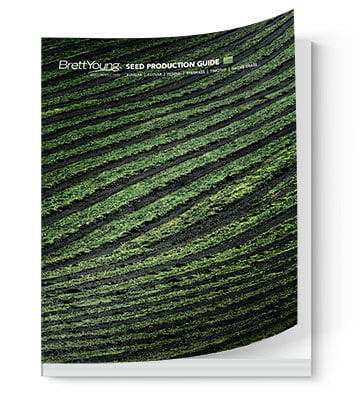
View our Product Guide
Download our Seed Production Guide for more information on forage and turf species we routinely contract.
Recent News
-
BrettYoung’s New State-of-the-Art Turf Seed Processing Facility Opens Doors
WINNIPEG, MB – BrettYoung is growing — and so are its operational capacities. To keep up with the demand from its customers who serve global…
-
Leadership Evolution at BrettYoung
Agricultural Seed & Crop Inputs, BrettYoung News, Professional Turf & Reclamation, Seed Production, Wholesale Forage & Turf SeedFOR IMMEDIATE RELEASE July 4, 2023 WINNIPEG, MB – As an important element of its leadership continuity plan, BrettYoung’s Board of Directors is pleased to announce…
-
BrettYoung Requalifies as One of Canada’s Best Managed Companies
Agricultural Seed & Crop Inputs, BrettYoung News, Professional Turf & Reclamation, Seed Production, Wholesale Forage & Turf SeedFOR IMMEDIATE RELEASE May 9, 2023 Winnipeg, MB – May 9, 2023 – BrettYoung has again been recognized for overall business performance and sustained growth with…

